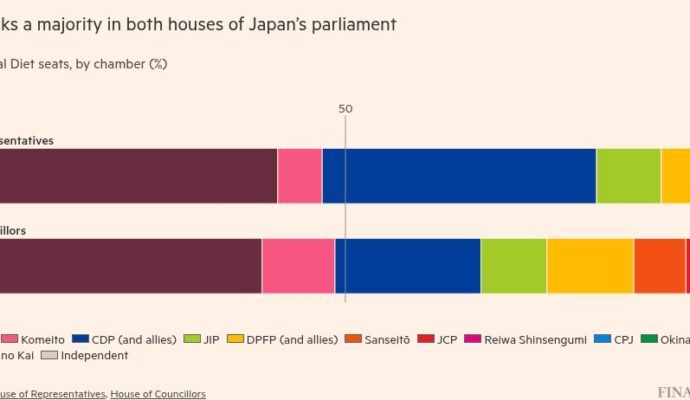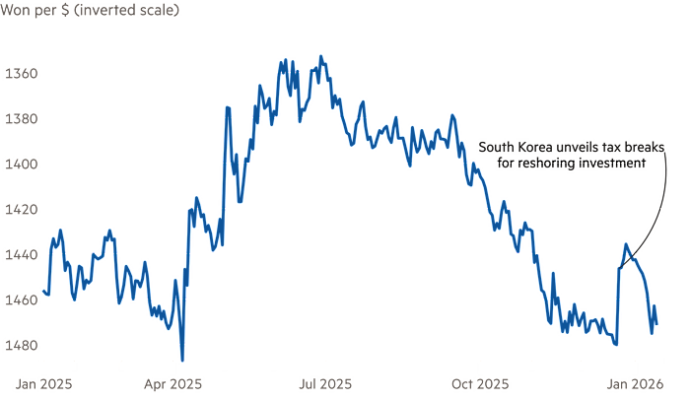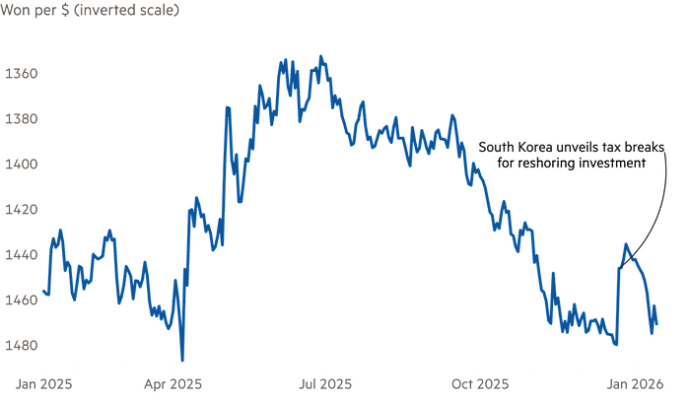Unlock the Editor’s Digest for free
Roula Khalaf, Editor of the FT, selects her favourite stories in this weekly newsletter.
South Korean polling stations have opened as voters choose a new president in a pivotal election for the trade-dependent country after months of political turbulence.
The contest was called after former president Yoon Suk Yeol was removed from office by the country’s constitutional court over his attempt to impose military rule last year.
It pits frontrunner Lee Jae-myung, whose leftwing Democratic party controls the South Korean legislature, against Kim Moon-soo, the candidate for Yoon’s People’s Power party.
The result will shape the direction of Asia’s fourth-largest economy, as well as South Korea’s relations with the US, Japan and China amid intensifying rivalry between Washington and Beijing.
The new president’s administration will be under pressure to reach a deal on tariffs with US President Donald Trump, who is also expected to push for a renegotiation of the two countries’ defence relationship and to try to engage in fresh diplomacy with North Korean leader Kim Jong Un.
Analysts say the new president must also address deeper structural issues, including the declining competitiveness and profitability of South Korea’s leading conglomerates and the country’s looming demographic crisis.
He will take office at a time of bitter political divisions exacerbated by Yoon’s martial law bid and subsequent impeachment.
Lee, 61, lost to Yoon by a margin of less than 1 per cent in the previous presidential election in 2022, but has had a comfortable lead over Kim in opinion polls throughout this year’s campaign.
The Democratic party candidate told a rally on Sunday held in his birthplace of Andong, in the traditionally conservative province of North Gyeongsang, that he would be “a president for everyone”.
“If you give me the opportunity, I won’t become a ‘half president’ that divides the country by relying on one side and oppressing another,” said Lee, who ran in past elections as a leftwing firebrand but tacked to the centre in the wake of the conservative Yoon’s impeachment.
Lee has promised to raise public spending and increase investment in advanced manufacturing if elected. While stressing the importance of South Korea’s alliance with the US, he has signalled a desire to improve relations with China and Russia and to seek closer engagement with North Korea.
Kim, a 73-year-old former labour union leader and democracy activist turned rightwinger, told a rally on Sunday that Lee, who has been indicted on several separate criminal charges, was not fit to serve as head of state.
“If someone who is bound to go to prison becomes the president of this country, then this country will merely become a bundle of crimes,” said Kim.
The People’s Power party candidate has hesitated to condemn Yoon, who is on trial on charges of criminal insurrection, insisting instead that Democratic party control of both the presidency and the country’s national assembly would be a threat to democracy.
“Martial law is problematic, but the bigger problem is the concerns that [South Korea] could head towards a monstrous dictatorship [under Lee],” Kim said on Sunday.
Charges brought against Lee during Yoon’s presidency include indictments for misuse of public funds, making false statements during an election campaign and involvement in an alleged scheme to siphon money to North Korea.
Lee strongly denies all of the charges, arguing that he is the victim of what he describes as Yoon’s “prosecutorial dictatorship”. Legal experts say that, while the processes are still technically continuing, he would be unlikely to be convicted on any of the charges as president.


